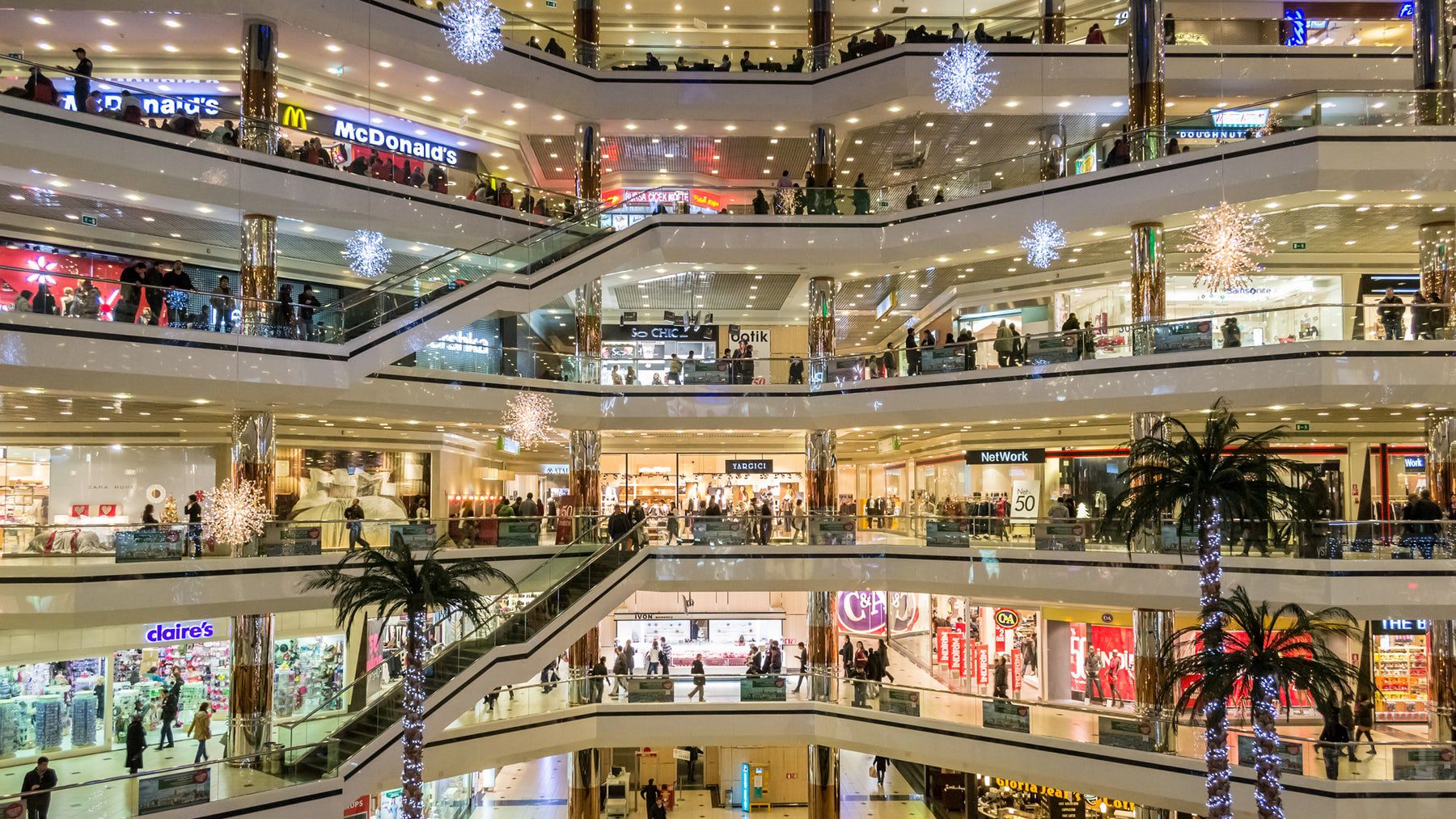
With three days to go before Christmas, retailers across the United States and Europe face a turbulent end to a drawn-out, mostly disappointing holiday shopping season.
Friday, Dec. 23, is slated to be the second-busiest US shopping day of this year behind Black Friday, according to data firm Sensormatic Solutions. So far, shopper visits to many retail segments, including apparel and electronics, are down year-over-year, according to foot-traffic data from Placer.AI.
Rising costs of food, gas and rents are forcing consumers to be “more selective,” said R.J. Hottovy, head of Analytical Research at Placer.AI.
Shoppers bought less electronics, furniture and some types of clothing compared to a year ago, according to NPD Group, a market research firm. Overall US spending on discretionary merchandise fell 5 percent during the week of Dec. 10 from a year earlier.
Many stores dangled discounts earlier in the season to lure inflation-weary consumers and clear out inventory.
Among the losers so far are fast-fashion retailer H&M, which waited too long to raise prices, and department stores including Kohl’s and Best Buy, which saw dramatic declines in foot traffic of at least 15 percent, according to Placer.AI.
‘Affordable Splurge’
Likely winners this season include sellers of beauty and skincare products, such as Ulta, and mid-luxury accessories and handbags retailers, as well as stores that managed to clear out excess inventory, analysts and experts said.
Zara, the fast-fashion chain, aggressively raised prices this year without turning off shoppers, while dollar stores including Dollar General expanded their array of merchandise.
The beauty category has been an “affordable splurge” as people look for makeup and fragrances they can wear to offices and parties, said Hilding Anderson, head of retail strategy, North America, at digital consultancy Publicis Sapient.
Sephora’s top competitor Ulta lifted its annual sales and profit forecasts after luring customers with budget-friendly beauty products, deals and an expanded partnership with Target.
Ulta “is proving itself as not only one of the more resilient names in beauty, but a name with strong momentum,” said Korinne Wolfmeyer, Piper Sandler analyst.
Dollar stores have also shown momentum as more consumers traded down. Discount and dollar stores saw visits up 1.1 percent year-over-year, and up 7.8 percent compared to Super Saturday 2019, according to Placer.AI foot-traffic data.
Dollar General’s offerings of more food, holiday decor and stocking-stuffers proved effective as customers bought $35 Christmas trees and $1.25 ornaments.
Clothing retailers face higher costs for both materials and shipping, but Zara owner Inditex is outperforming rivals after selling higher-priced garments and enticing shoppers who might have otherwise spent money at luxury stores.
“Zara’s more premium positioning is helping in the current environment,” said RBC analyst Richard Chamberlain.
The world’s largest fashion retailer lifted sales by 12 percent from a year ago in the first five weeks of its fourth quarter, which started in November, it said Wednesday.
By Arriana McLymore
Learn more:
Why Fashion’s Inventory Problem Is Back (And How to Solve It)
A combination of shipping delays and misjudging consumer demand has caused products to pile up. Retailers are using a mix of discounts and more creative measures to bring them back down.



